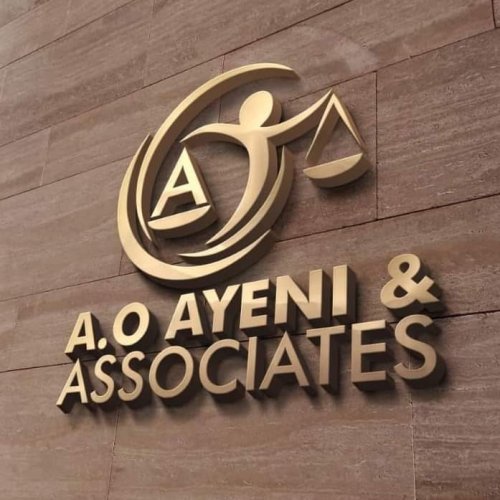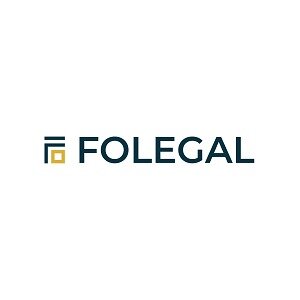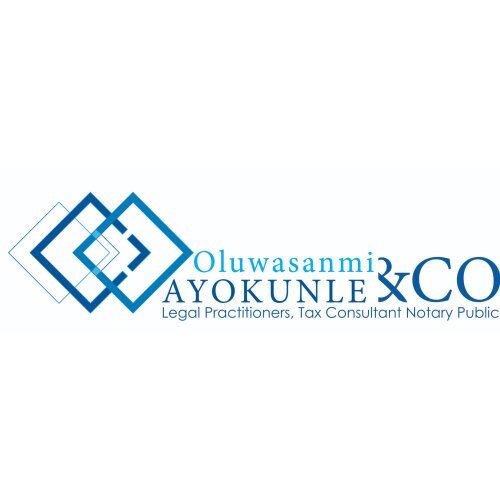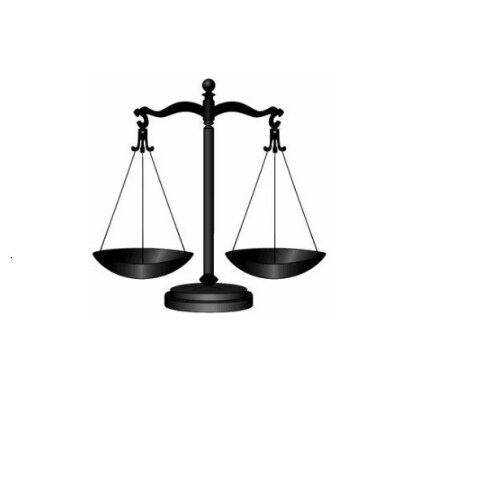Best State, Local, and Municipal Law Lawyers in Nigeria
Share your needs with us, get contacted by law firms.
Free. Takes 2 min.
Or refine your search by selecting a city:
List of the best lawyers in Nigeria
About State, Local, and Municipal Law in Nigeria
State, Local, and Municipal Law in Nigeria encompasses the legal frameworks and regulations that govern various administrative levels below the federal government. These laws are pivotal in managing local governance structures, including states and local government areas (LGAs). State laws are enacted by State Houses of Assembly, while local laws are crafted by local government councils. Both levels of government have distinct powers, which align with Nigeria's federal structure. This legal domain impacts a broad spectrum of activities, including resource management, local government administration, land use, and public services.
Why You May Need a Lawyer
There are numerous circumstances where individuals or businesses may require legal expertise in State, Local, and Municipal Law. Common situations include: - Navigating disputes involving local government administrative decisions. - Addressing issues related to land acquisition, zoning, and local property taxes. - Compliance with state or local regulations affecting businesses and construction. - Defending against enforcement actions by local or state authorities. - Seeking legal representation in matters involving local government contracts or tenders. Qualified lawyers can provide guidance, representation, and assistance in protecting your rights and ensuring regulatory compliance in such scenarios.
Local Laws Overview
Nigeria's local government systems operate under the guidelines set by both federal and state laws. Key aspects of local laws relevant to State, Local, and Municipal Law include: - Jurisdictional scope: Powers and responsibilities assigned to state and local governments. - Revenue generation: Local governments have autonomy to generate revenue through taxes, licenses, and fines. - Urban planning: Local authorities handle zoning, development control, and maintenance of public amenities. - Public health and safety: Local governments enforce regulations concerning sanitation, waste management, and health. Understanding these legal aspects is crucial for navigating issues related to local governance and compliance.
Frequently Asked Questions
What is State, Local, and Municipal Law?
State, Local, and Municipal Law refers to regulations and legal frameworks that manage the operations and responsibilities of state and local government entities in Nigeria.
How does the Nigerian federal system affect local laws?
The federal system grants autonomy to states and local governments to enact and enforce their own laws, provided they comply with constitutional provisions.
Can local governments in Nigeria levy taxes?
Yes, local governments can levy taxes, fees, and fines as a means to generate revenue for their operations and services within their jurisdiction.
Who oversees land use and zoning issues?
Land use and zoning are typically managed by local government councils, under frameworks set by the state government authority.
Are local governments responsible for public services?
Yes, local governments play a significant role in providing essential services like waste management, water supply, and primary education within their jurisdictions.
What disputes might arise from state laws?
Disputes can arise over issues such as resource allocation, local government autonomy, and conflicts between state and federal regulations.
Do businesses need to comply with local ordinances?
Yes, businesses must adhere to relevant local ordinances, including those related to licensing, zoning, and health and safety standards.
What is the role of the State House of Assembly?
The State House of Assembly is responsible for enacting laws that apply within the state, including regulations affecting local governance.
How are municipal decisions challenged?
Municipal decisions can be challenged through administrative appeals, litigation, or mediation, often requiring legal expertise.
Is legal aid available for issues in this area of law?
Yes, legal aid may be available through governmental or non-profit organizations for those who qualify and need assistance with local governance issues.
Additional Resources
For further assistance, consider reaching out to the following resources: - Ministry of Justice of the respective state for inquiries on legal frameworks. - The Nigerian Bar Association for legal representation and guidance. - The Institute for Local Government Studies for specialized training and research. - Online repositories of local government codes and statutes for self-study. These organizations can provide valuable insights and support to those seeking a deeper understanding of State, Local, and Municipal Law.
Next Steps
If you require legal help with State, Local, and Municipal Law in Nigeria, consider taking the following steps: 1. Identify your specific legal issue and gather relevant documents. 2. Consult with a lawyer specializing in state and local government law to assess your situation. 3. Inquire about possible remedies or defense strategies if you are facing issues with local authorities. 4. Explore legal aid options if you're unable to afford legal counsel. By methodically approaching your legal concerns, you can navigate the complexities of State, Local, and Municipal Law more effectively.
Lawzana helps you find the best lawyers and law firms in Nigeria through a curated and pre-screened list of qualified legal professionals. Our platform offers rankings and detailed profiles of attorneys and law firms, allowing you to compare based on practice areas, including State, Local, and Municipal Law, experience, and client feedback.
Each profile includes a description of the firm's areas of practice, client reviews, team members and partners, year of establishment, spoken languages, office locations, contact information, social media presence, and any published articles or resources. Most firms on our platform speak English and are experienced in both local and international legal matters.
Get a quote from top-rated law firms in Nigeria — quickly, securely, and without unnecessary hassle.
Disclaimer:
The information provided on this page is for general informational purposes only and does not constitute legal advice. While we strive to ensure the accuracy and relevance of the content, legal information may change over time, and interpretations of the law can vary. You should always consult with a qualified legal professional for advice specific to your situation.
We disclaim all liability for actions taken or not taken based on the content of this page. If you believe any information is incorrect or outdated, please contact us, and we will review and update it where appropriate.
Browse state, local, and municipal law law firms by city in Nigeria
Refine your search by selecting a city.















